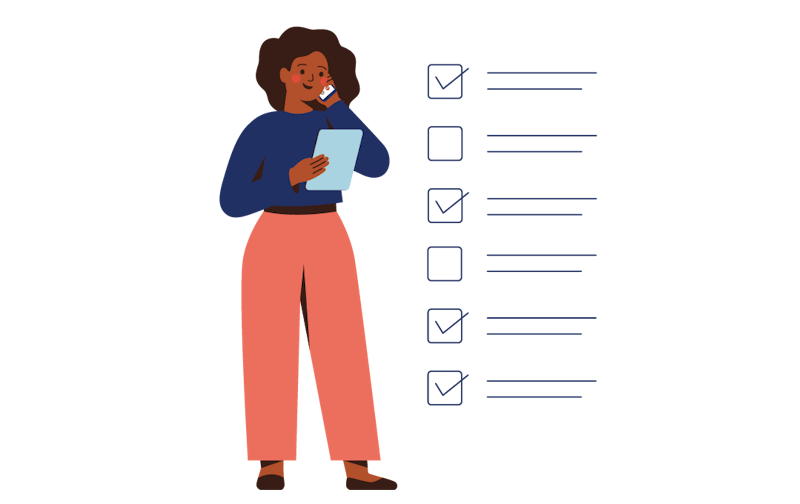Creating a safety plan
You cannot stop your spouse from being abusive – only they can do that. But you can do various things to increase your safety as well as your children’s (if you have children).
Important things to always carry
- Necessary phone numbers for different circumstances. For example number of the Emergency Phone Line 112, the Women’s Shelter’s (5611205) or other local resources, and the phone number for your children’s school.
- A small cash amount. It can come in handy for example for a taxi or buying something that is needed. Cash cannot be traced but it is easy to trace cards.
- A phone. If you suspect that your spouse is tracking your movements through the phone, you could have a prepaid phone card and an old phone to use in emergencies.
Preparations to be able to leave your home without notice
- Find out what help is available (for example Social services, Bjarkarhlíð in Reykjavík, Bjarmahlíð in Akureyri or Sigurhæðir in Selfoss) and where you can find shelter, day or night. For example at the Women's shelter in Reykjavík or Akureyri.
- Make an escape plan and practice it so you can get away from a dangerous situation with your children. Consider how you get out in the safest and quickest way.
- Notify friends or family if you fear for your safety or if you need help. For example, you can agree on a safe word that you can use if you want to be fetched.
- If you have neighbours whom you trust, you can tell them what is happening and enter their home in emergencies.
- Pack an emergency bag with necessities for you and the children, which you could keep with a trusted friend or neighbour.
Create safe conditions as much as possible
- Try to figure out in what situations the abuse is more likely to happen.
- Learn to recognize when tension rises that is likely to lead to abuse.
- If you fear that your spouse is about to attack you, then stay in places in the home where the risk is small and it is easy to get out. For example, avoid the kitchen and garage where knives and tools are, as well as bathrooms where there is usually no way out.
- Go out with a group of friends or other couples rather than just the two of you.
- Ask a neighbour to call 112 if they notice abuse or noise that could be abuse.
- Teach your children to call 112 in emergencies and what they must say, for example, full name and address.
- Secure your tech and yourself online.

